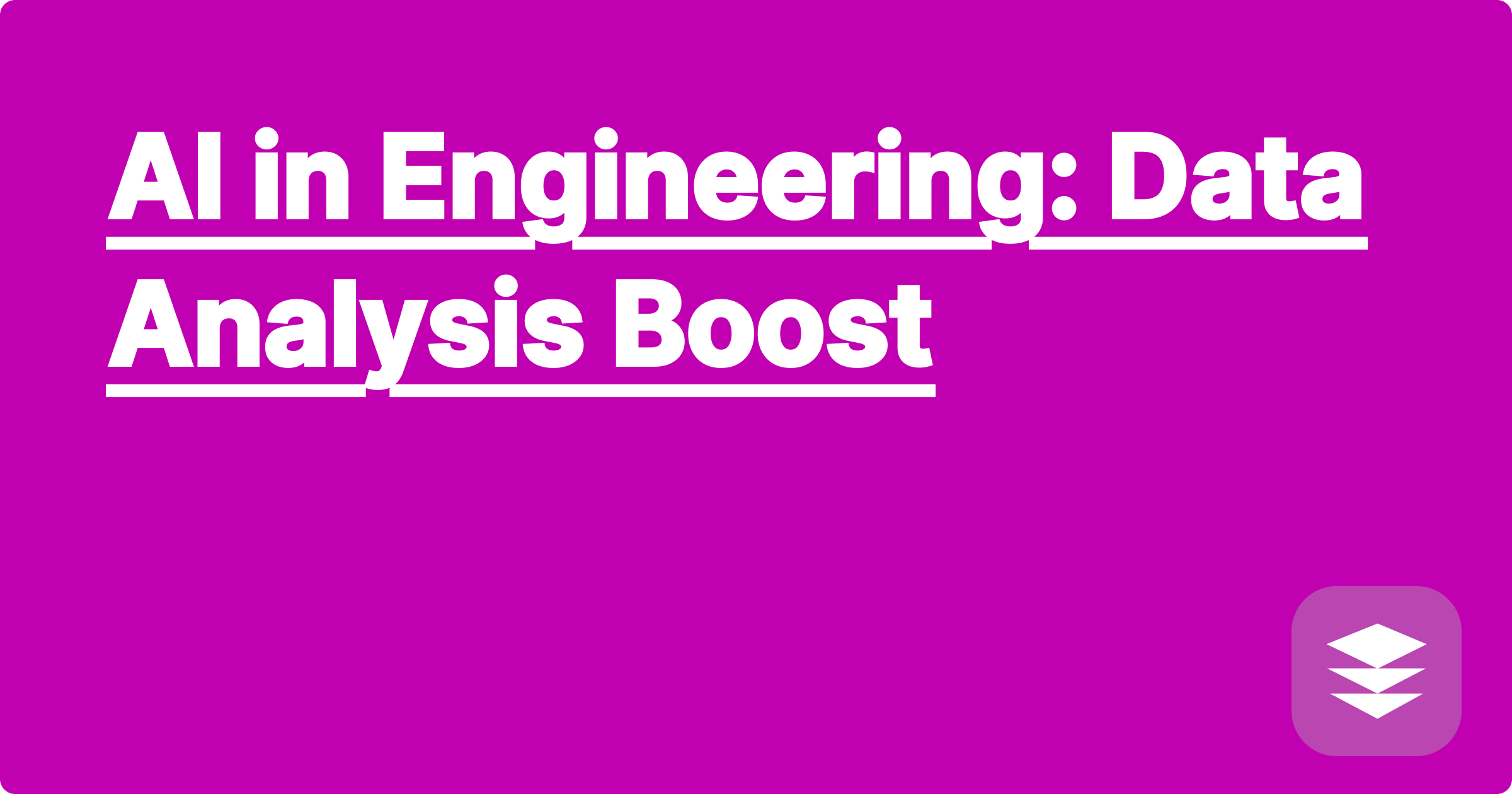
The world of STEM is a demanding one, requiring rigorous study, complex problem-solving, and an endless pursuit of knowledge. For students and researchers, the sheer volume of information to process and analyze can feel overwhelming, especially when preparing for exams or tackling intricate research projects. Thankfully, the rise of Artificial Intelligence offers a powerful new arsenal of tools to navigate these challenges, promising a quantum leap in efficiency and understanding. Imagine having a personalized tutor available 24/7, capable of dissecting complex datasets, generating practice problems, and even offering insights that could spark groundbreaking discoveries. This isn't science fiction; it's the reality of AI-powered STEM research.
This blog post is your guide to unlocking the potential of AI in your STEM journey. Whether you're a high-achieving undergraduate striving for that perfect GPA, a graduate student grappling with mountains of data, or a seasoned researcher seeking innovative solutions, AI can be your secret weapon. We'll explore practical applications of Generative Pre-trained AI (GPAI) tools, share real-world success stories, and provide actionable strategies to boost your study efficiency and research productivity. Think of this as your personal cheat sheet, crafted to help you navigate the complex landscape of STEM with confidence and achieve your academic goals.
STEM fields are inherently data-rich. Experiments generate vast amounts of data, research papers overflow with complex information, and textbooks present intricate theories and formulas. Traditional methods of data analysis and information processing can be time-consuming and prone to human error. For students, this translates to countless hours spent poring over notes, struggling with practice problems, and trying to synthesize information from various sources. Researchers face similar challenges, spending valuable time on tedious data cleaning, analysis, and interpretation, potentially hindering the pace of discovery. This is where AI steps in, offering a transformative approach to data analysis and knowledge acquisition.
AI tools, particularly GPAI models like ChatGPT and Wolfram Alpha, are revolutionizing how we interact with information. ChatGPT, for example, can be used to generate summaries of complex research papers, create personalized study guides, and even provide explanations for challenging concepts. Wolfram Alpha excels at computational tasks, allowing you to quickly solve equations, visualize data, and explore scientific concepts through interactive demonstrations. By integrating these tools into your workflow, you can streamline your study process, accelerate your research, and gain a deeper understanding of complex STEM subjects. Imagine using ChatGPT to generate practice exam questions tailored to your specific course material or leveraging Wolfram Alpha to visualize the dynamics of a complex physical system – the possibilities are endless.
Let's walk through a practical example. Suppose you're studying for a thermodynamics exam. First, input your lecture notes and key textbook chapters into ChatGPT, asking it to create a concise summary of the core concepts. Then, ask ChatGPT to generate practice problems covering these concepts. Next, use Wolfram Alpha to verify your solutions and explore related thermodynamic principles through interactive simulations. This integrated approach allows you to actively engage with the material, reinforcing your understanding and identifying areas where you need further review. For researchers, a similar approach can be applied to literature reviews. Use ChatGPT to summarize a collection of relevant papers, identifying key findings and research gaps. Then, utilize Wolfram Alpha to analyze experimental data, identify trends, and visualize results. This streamlined workflow can significantly reduce the time spent on tedious tasks, allowing you to focus on the more creative aspects of your research.
One student used ChatGPT to create flashcards and practice quizzes for their organic chemistry course, resulting in a 15% improvement on their midterm exam score. They also reported a significant reduction in study time, freeing up more time for other coursework and extracurricular activities. In another example, a research team utilized Wolfram Alpha to analyze a large dataset from a fluid dynamics experiment. They were able to identify previously unnoticed patterns in the data, leading to a new understanding of the underlying physical phenomena. This breakthrough wouldn't have been possible without the power of AI-driven data analysis. These examples demonstrate the tangible benefits of incorporating AI tools into your STEM workflow.
To maximize your AI advantage, focus on developing a strategic approach. Experiment with different GPAI tools to find the ones that best suit your learning style and research needs. Don't be afraid to explore advanced features like parameter tuning and custom model training to further enhance the performance of these tools. Engage with the AI community by attending workshops, joining online forums, and exploring open-source AI projects. This will keep you up-to-date on the latest advancements and allow you to connect with other like-minded individuals. By embracing AI as a learning partner, you can unlock your full potential and achieve unprecedented levels of academic success.
By embracing these strategies and continually exploring the evolving landscape of AI, you can position yourself at the forefront of innovation in your chosen STEM field. The future of STEM is intertwined with the power of AI. By adopting these tools and techniques, you're not just preparing for exams or completing research projects; you're investing in your future, equipping yourself with the skills and knowledge necessary to thrive in an increasingly AI-driven world. Start exploring today and experience the quantum leap in your STEM journey.
AI in CAD: Design Faster, Smarter
AI Study Buddy: Master STEM Exams
AI for Physics: Solve Problems Fast
AI Notetaker: Organize Research
AI Simulations: Optimize Designs
AI Math Solver: Conquer Problems
AI for STEM Exams: Conquer Your Tests